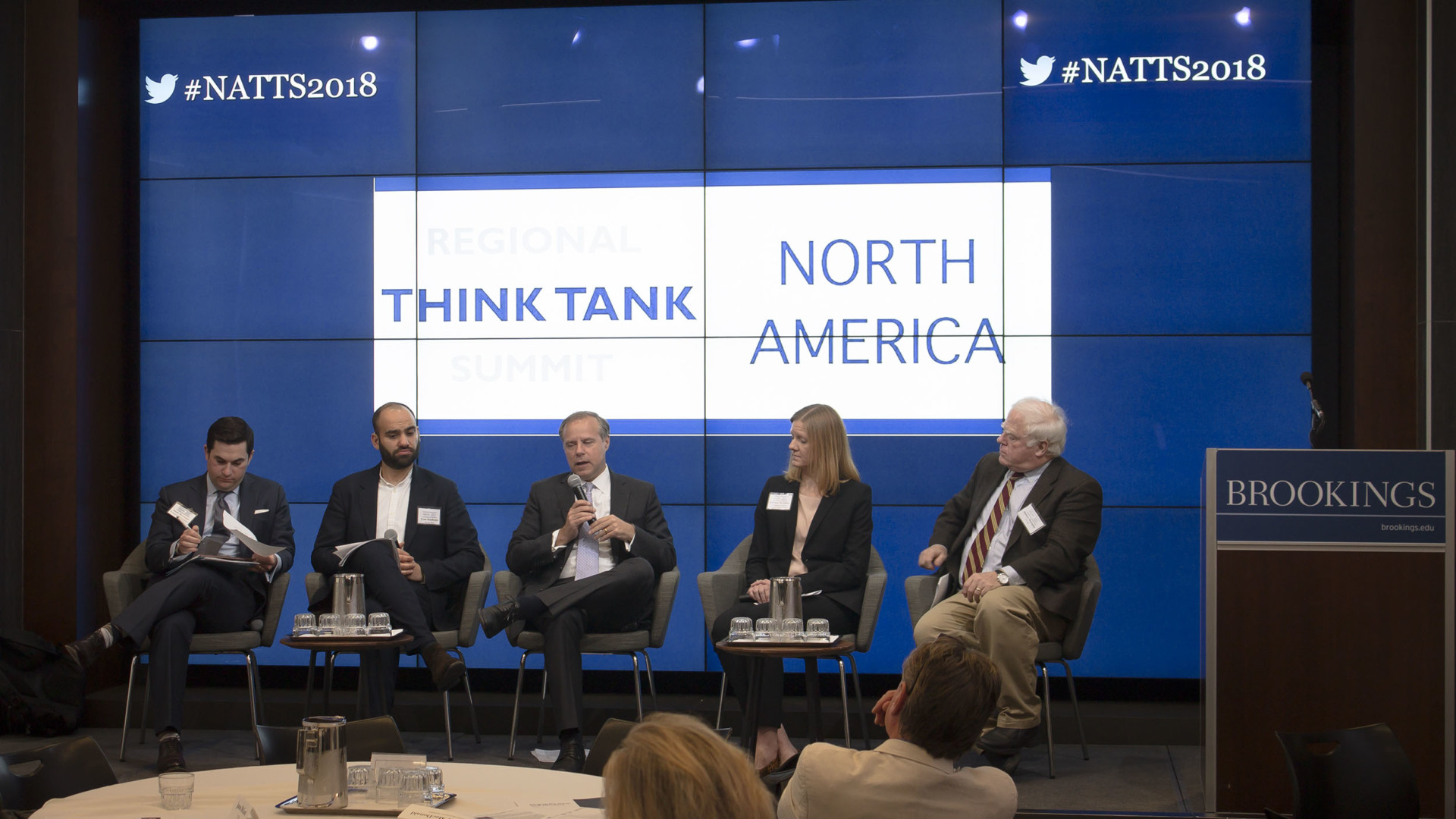
On April 12, 2018 Tom was asked to sit on the “What Consumers Think About Think Tanks in the Age of Digital and Political Disruptions” panel at the North America Think Tank Summit 2018, hosted by Brookings. Here is the text his opening remarks were based on.
Thank you for having me here today.
Before founding Cast From Clay I worked in the research and strategy business of a global communications agency. Our battle internally was to convince communicators to use research to underpin their communications programs, rather than just relying on gut feel and intuition.
To my mind, there are two core challenges when it comes to think tanks communications.
The first is the opposite to the one I faced at Edelman. Rather than convincing communicators of the value of research, we must convince think tank researchers of the value of communications. And that’s not just the senior management such as yourselves but your researchers too.
The second is convincing think tanks that they have a responsibility to engage beyond Capitol Hill or Whitehall. We incorporated We are Flint 3 months after Brexit for this precise reason because we were so dismayed at how experts failed to meaningfully and effectively engage the public in the referendum debate.
Looking beyond the merits of Brexit or not, we felt policy experts had a crucial contribution to make to the debate – but they simply failed to connect. And a world where evidence-based policy doesn’t have a voice is a dangerous place to be.
***
I was invited here today to take you through the results of some research we recently conducted.
We had two goals when we designed this research. The first was to understand how Americans perceive think tanks. And the second was to understand the demand for policy communications among the American public.
We wanted to test our hypothesis that people actually want to understand policy better. And we wanted to test what role think tanks could play in that.
We interviewed over 2,000 American adults aged 18+ by online survey in January. Respondents were screened and weighted to be nationally representative of age gender and region.
// See the research Tom is referring to here //
In short we found that:
- Half of Americans know what a think tank is. Slightly less than half know what a think tank does. This is self assessed so the true number is likely to be lower.
- 20% of Americans trust what a think tank has to say, 24% do not. This is a low trust score but the real story is that over 50% of Americans do not know whether to trust think tanks. I used to work on a project called the Edelman Trust Barometer which measures trust in companies, industries and countries. These results would have been seen as a massive opportunity for you to shape the narrative around the industry. It’s very difficult to change the opinion of people who don’t like you, but relatively easy if they don’t know what they think of you.
- On the policy front, nearly three-quarters of Americans agreed with the statement “the general population needs to understand government policy better”. This was consistent across the urban/rural divide, all four main regions of the country, every age group and every income level.
- Despite wanting to understand government policy better, only 17% think policy communications are currently done well. Interestingly people who work in policy disagreed – they think they do a pretty good job of communicating it.
***
To bring this to a close, we believe there is a void in policy communications. And think tanks not only have a role to play in that – they have a duty to do so.
Good policy communication is important because policy is complex. And it’s complex for a good reason – we live in a complex world.
One appeal of populism is that it simplifies that complexity into simplistic narratives by offering simple solutions to difficult problems. But those perceived solutions are rarely fit for purpose.
The challenge as we see it is to encourage think tanks to engage the public so America understands why different policy decisions are being proposed and what the trade-offs are. This doesn’t mean dumbing down your research, it means being imaginative and ambitious in the way you put it across and package it.
Because ultimately, if you don’t champion the cause of evidence-based policy, I’m not sure who will.
Sign up to our newsletter
April 12, 2018
North America Think Tank Summit hosted by the Brookings Institution, Washington DC
Speakers:
- Colin Crowell, Vice President for Public Policy and Philanthropy, Twitter
- Tom Hashemi, Director, Cast From Clay
- Courtney Rickert McCaffrey, Manager, Thought Leadership, Global Business Policy Council, A.T. Kearney, Inc.
- James G. McGann, Senior Lecturer, Lauder Institute, Director Think Tanks and Civil Societies Program, University of Pennsylvania (Chair)
- Josh Marcuse, Executive Director of the Defense Innovation Board





